
|
Karaka (Corynocarpus laevigatus). The attractive orange
fruits are poisonous. This traditional Mori food was only
safe to eat after a long and complicated processing method.
It is a common street and garden tree in the Auckland
region.
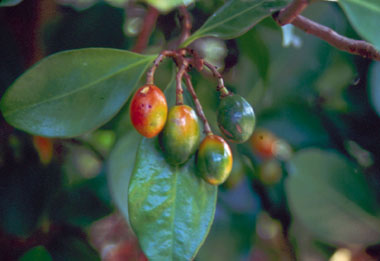
Back to Top
|

|
Kowhai (Sophora microphylla and S.tetraptera). The yellow
seeds are very poisonous if eaten, but only if they are
ground or crushed before swallowing. Otherwise, they pass
through the digestive system and cause no harm.
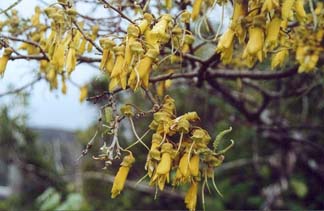
Back to Top
|

|
Laburnum (Laburnum anagyroides). The black seeds are very
poisonous if they are chewed or crushed before swallowing,
as with kowhai. It mainly grows in the southern half of the
North Island.
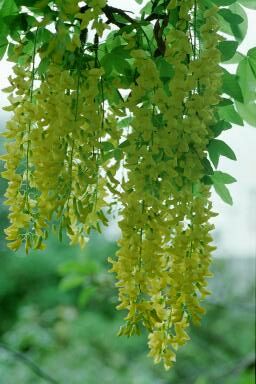
Back to Top
|

|
Lantana (Lantana camara). It is more common for children
to be affected by eating the small blue-black berries,
although stock have been poisoned too. In New Zealand there
are several forms with different coloured flowers and
differing degrees of toxicity, but to be on the safe side
none of them should be eaten. A commonly cultivated shrub
which grows wild north of Auckland.
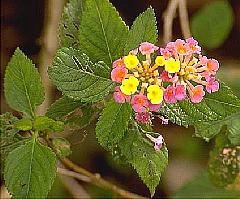
Back to Top
|

|
Larkspurs (Consolida species). These ornamental annuals
are closely related to delphiniums, and all parts are
poisonous. Although larkspurs and delphiniums have no fleshy
fruits, they are so poisonous that even the pretty flowers
could cause illness if eaten.

Back to Top
|
|

|
Lily of the valley (Convallaria majalis). All parts are
poisonous if eaten, but the orange berries are most likely
to attract young children. Although uncommon, it is
presently available in nurseries in the North Island.

Back to Top
|
|

|
Lily of the valley shrubs (Pieris species). Like most
members of the heather family, these plants are poisonous.
The little white flowers should not be eaten.
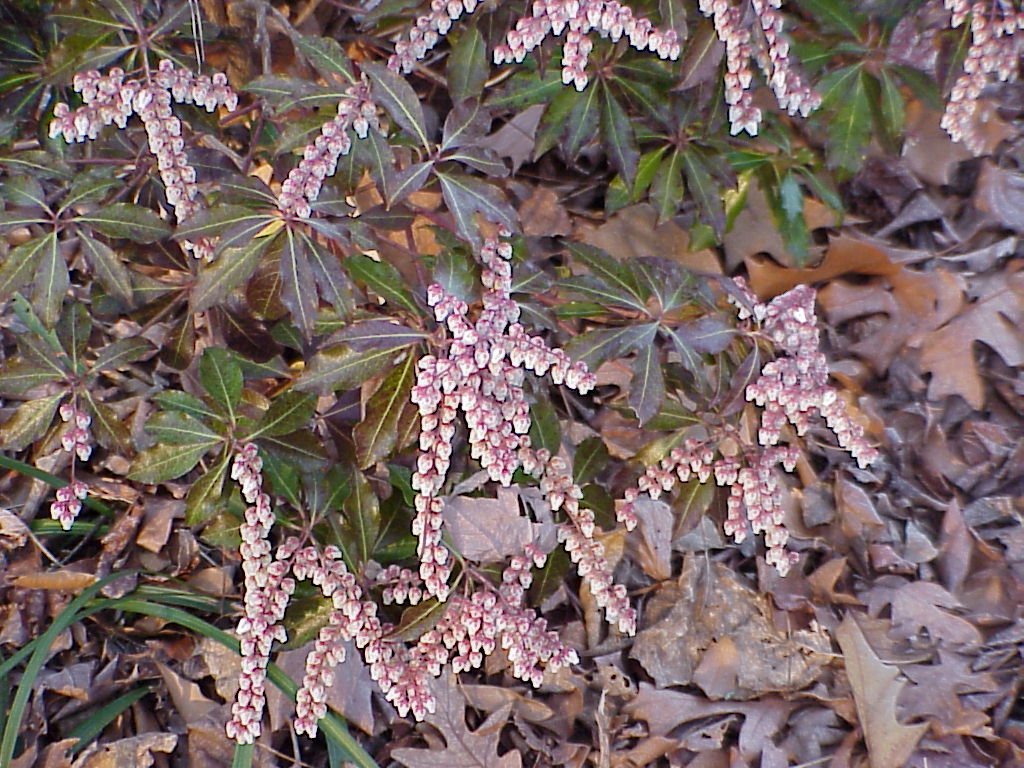
Back to Top
|
|

|
Lupins (Lupinus species). All the species commonly grown
have poisonous seeds which if crushed or chewed before being
swallowed result in the release of toxins.
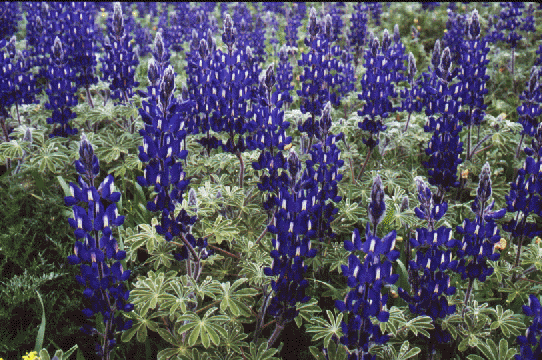
Back to Top
|
|
|
|
|
|
|